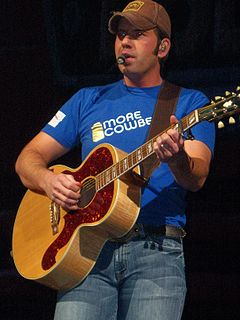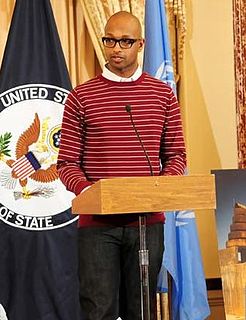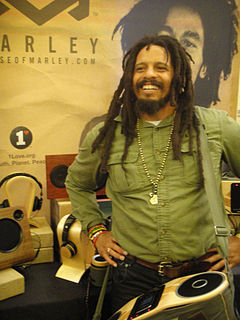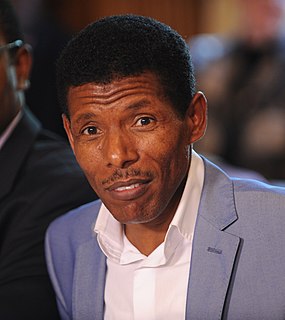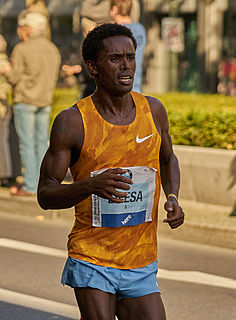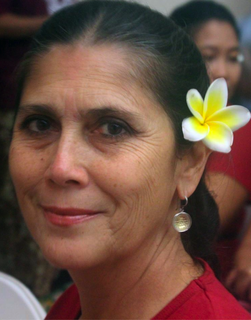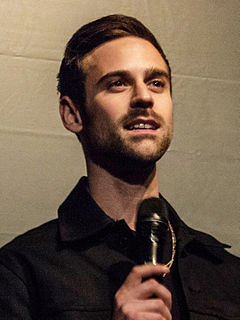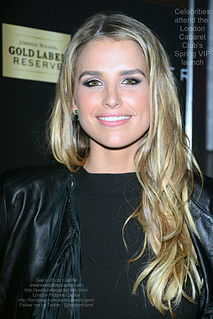A Quote by Liya Kebede
I'm a mom. I'm from Ethiopia. I gave birth in the U.S. and had all the proper care available to me. If I had given birth in Ethiopia - I don't know if I might have even survived it.
Related Quotes
I wish I had read Sacred Pregnancy when I was pregnant instead of the dozen books I had to piece together to try to make sense of it all. Anni Daulter has created what should be the new standard for today's mom: birth journals, labor workbooks, pregnancy memoirs, and holistic wisdom. It is gentle and enlightening, and lays the foundation for what we know helps women have the labor and birth they want and deserve: support, self-knowledge, and empowerment.

